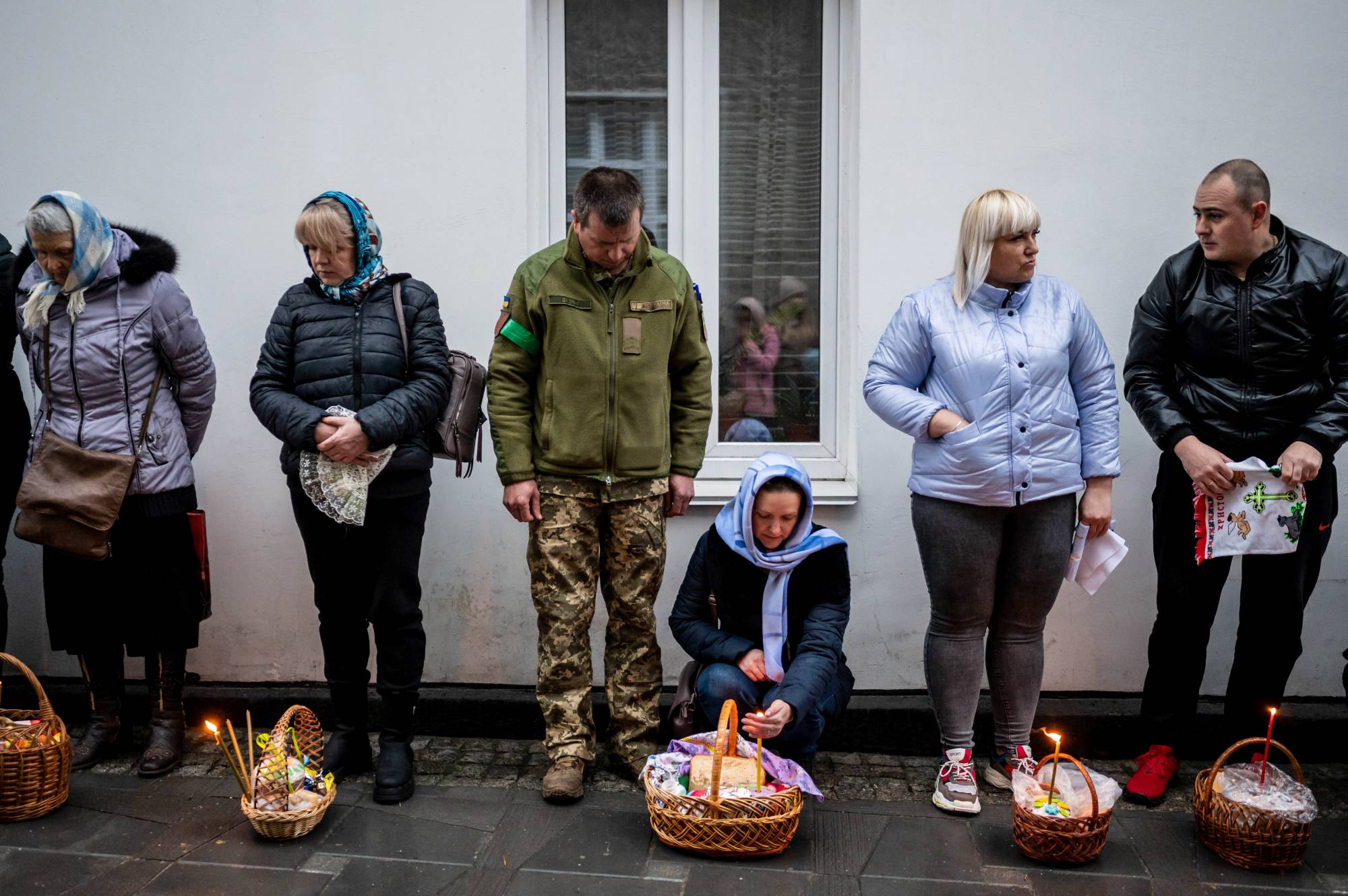The world is on the brink of a food crisis that could result in starvation for millions, unrest and mass migrations.
The immediate cause of this impending catastrophe is Russia’s invasion of Ukraine and the resulting cutoff of their vital exports. That is not the entire story, however. Structural factors have exacerbated the shortages. All must be addressed to re-establish food security for those who will suffer despite no fault of their own. Most immediately, however, wealthy nations must accelerate efforts to get food into the hands of hungry populations around the world.
Prior to the invasion, Ukraine and Russia were critical food exporters. As Hans-Werner Sinn detailed in The Japan Times earlier this week, "Ukraine accounted for 10% of global exports of wheat, 13% of barley, more than 50% of sunflower oil, 5% of rapeseed oil and 15% of corn." By one estimate, Russia and Ukraine accounted for 12% of all traded food calories; together they produce about 30% of global wheat exports. In addition, Russia is the world’s largest producer of fertilizer.


















With your current subscription plan you can comment on stories. However, before writing your first comment, please create a display name in the Profile section of your subscriber account page.